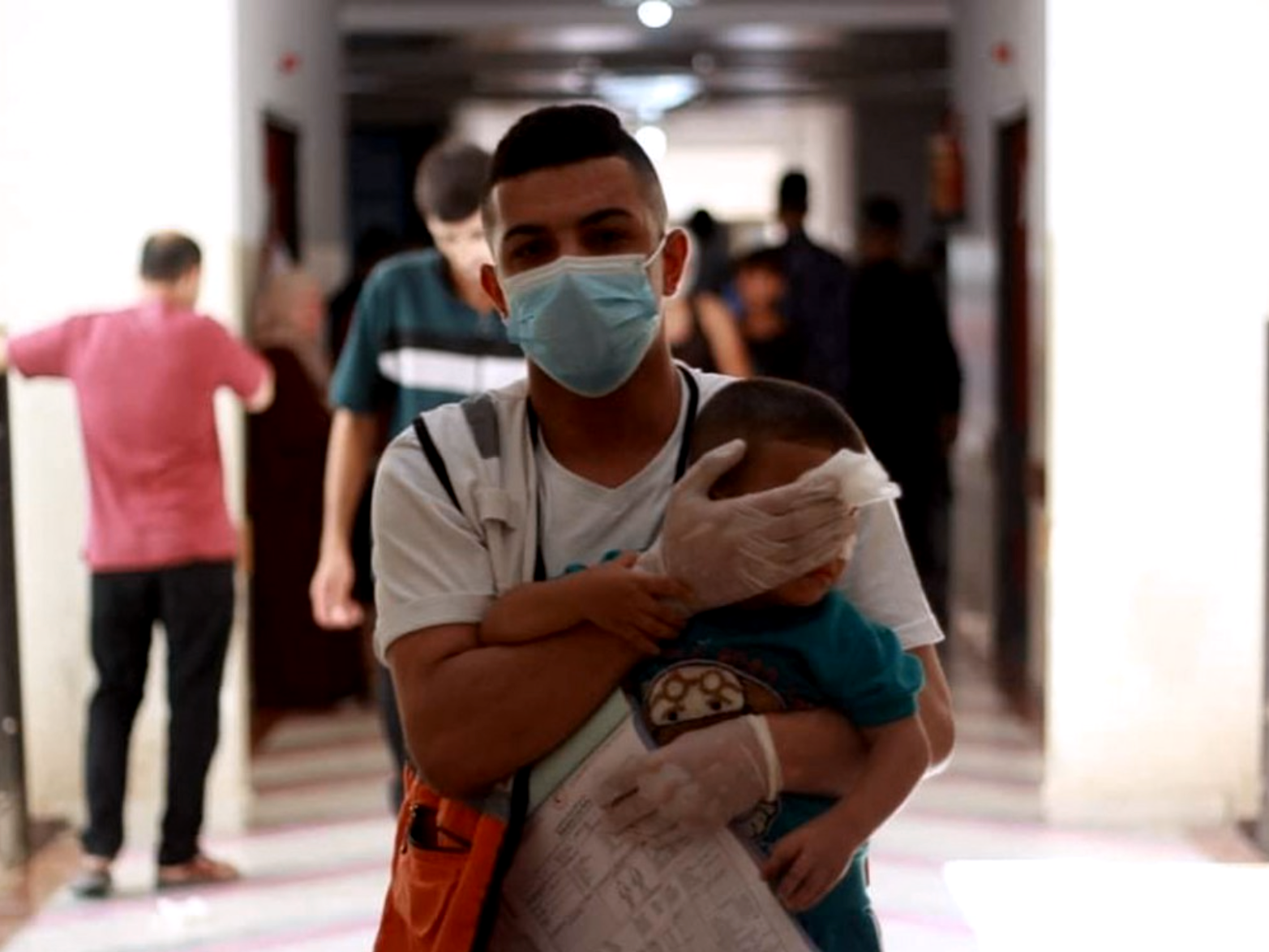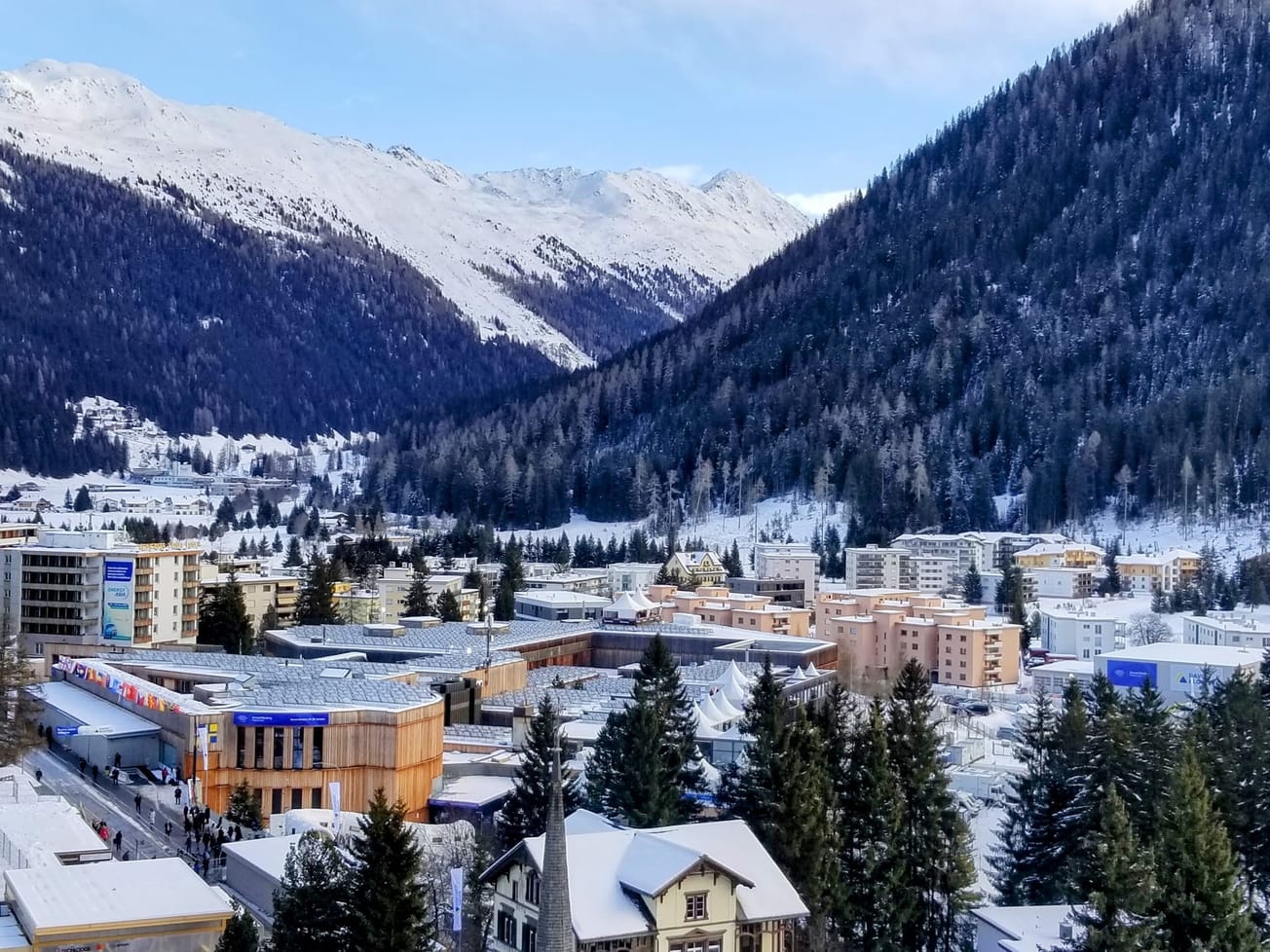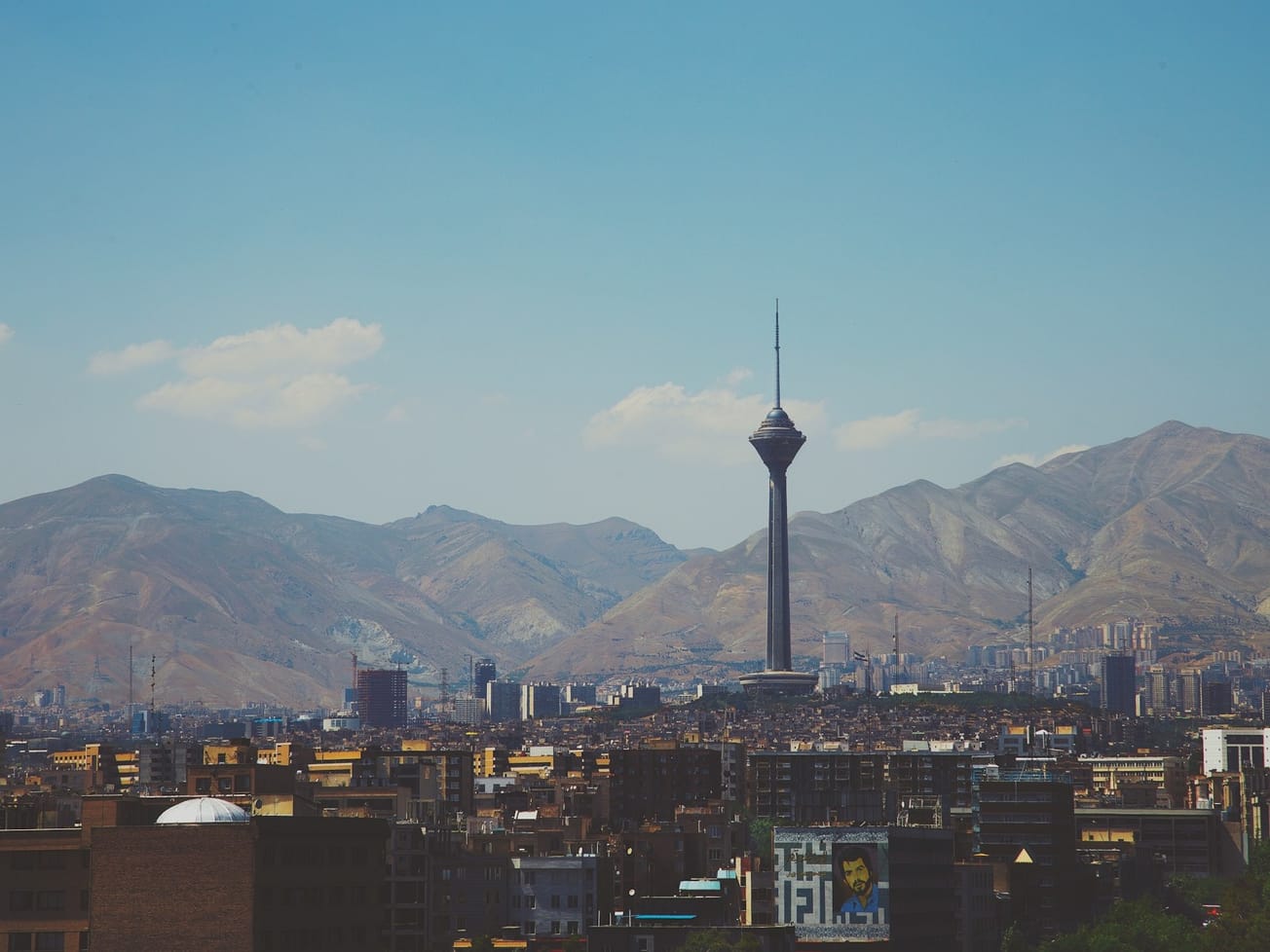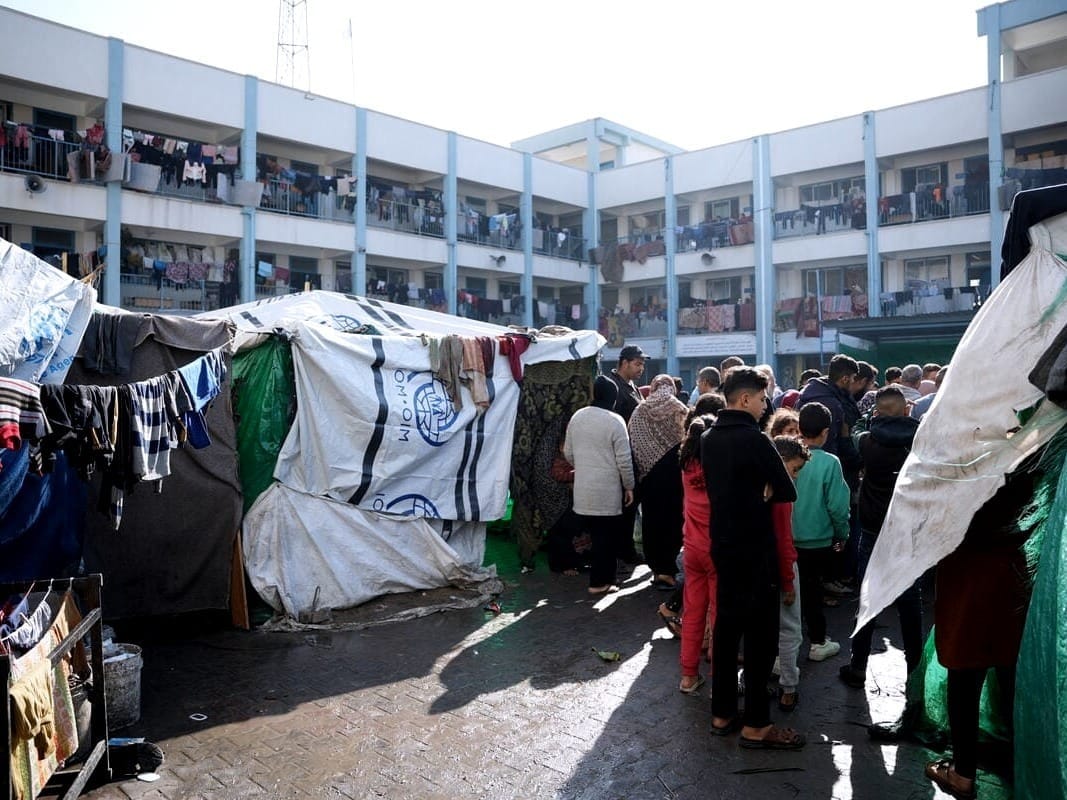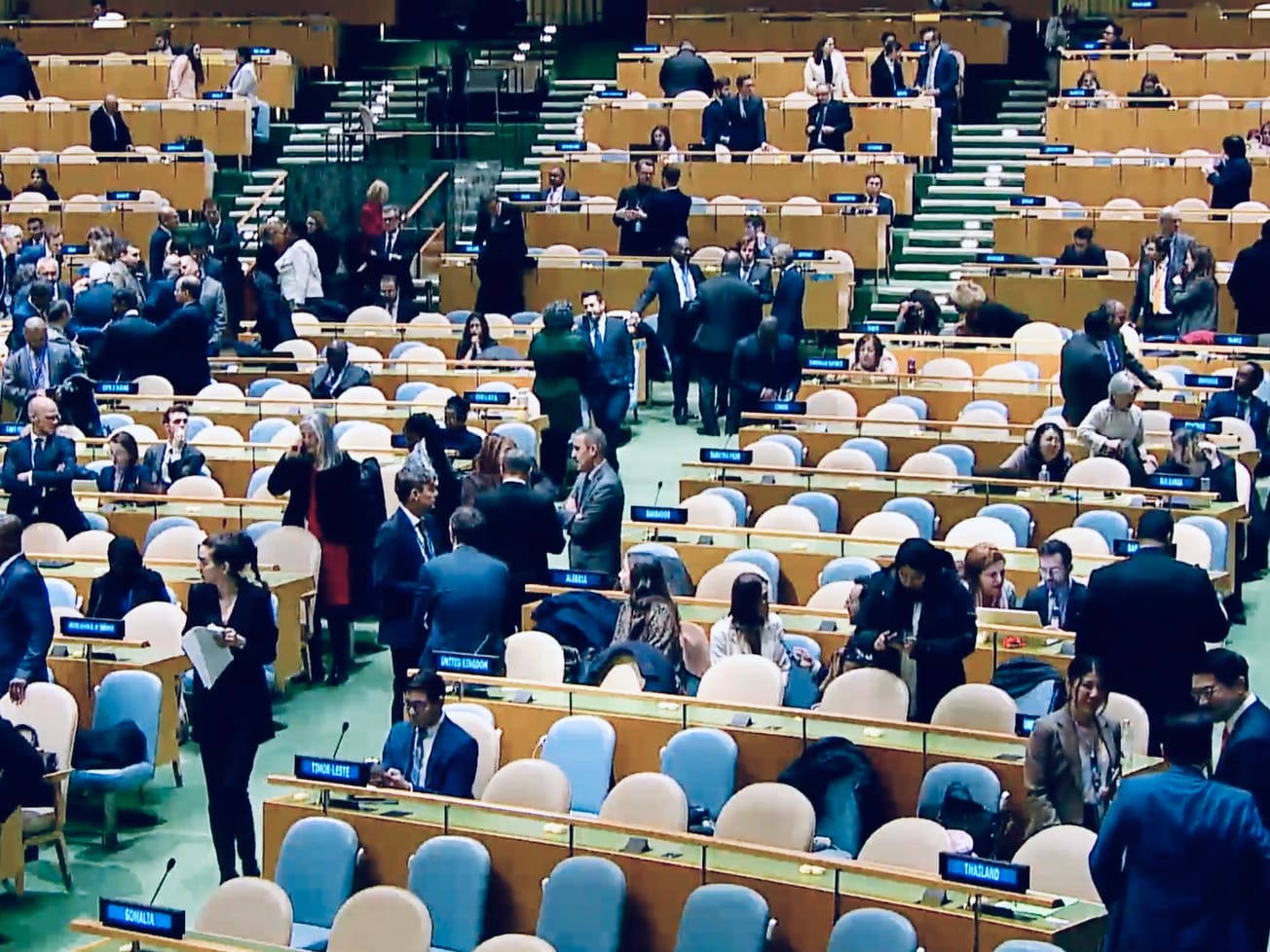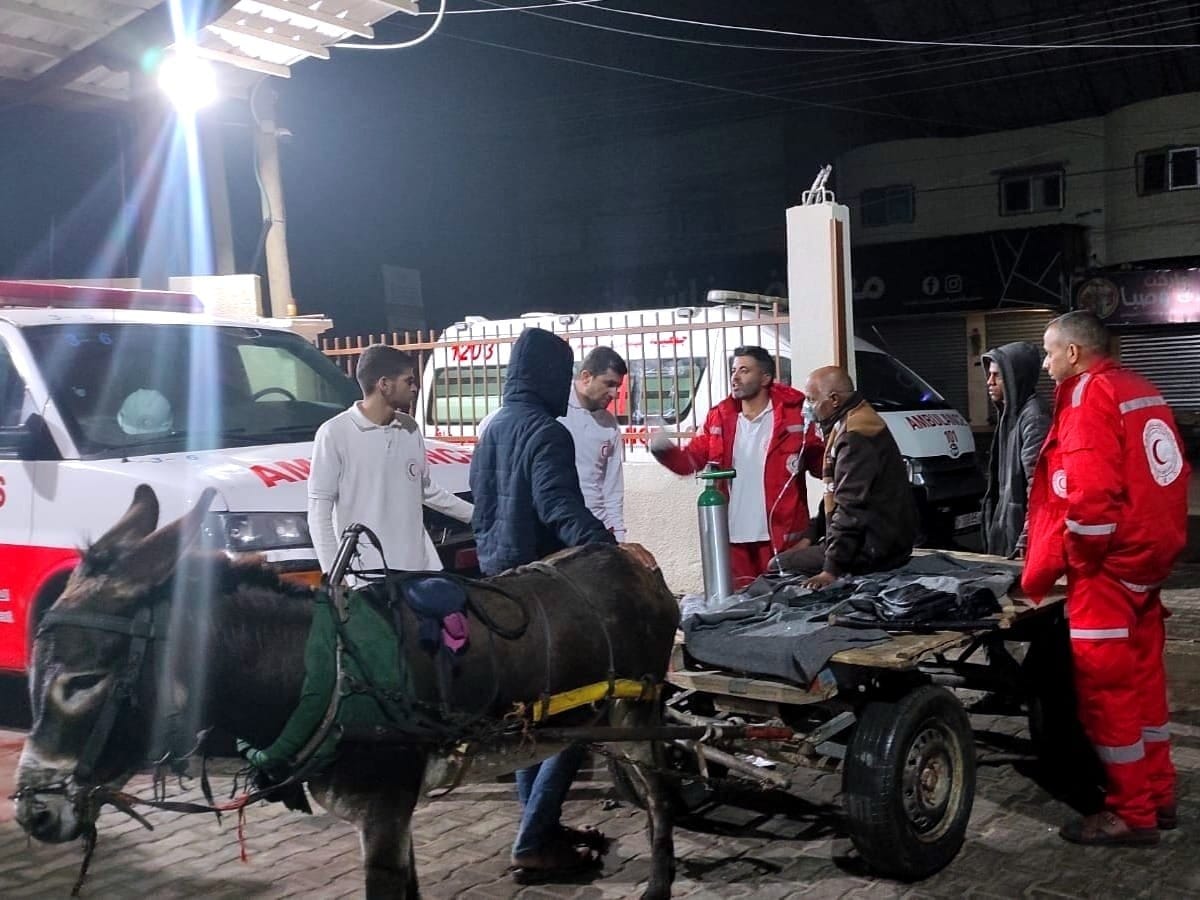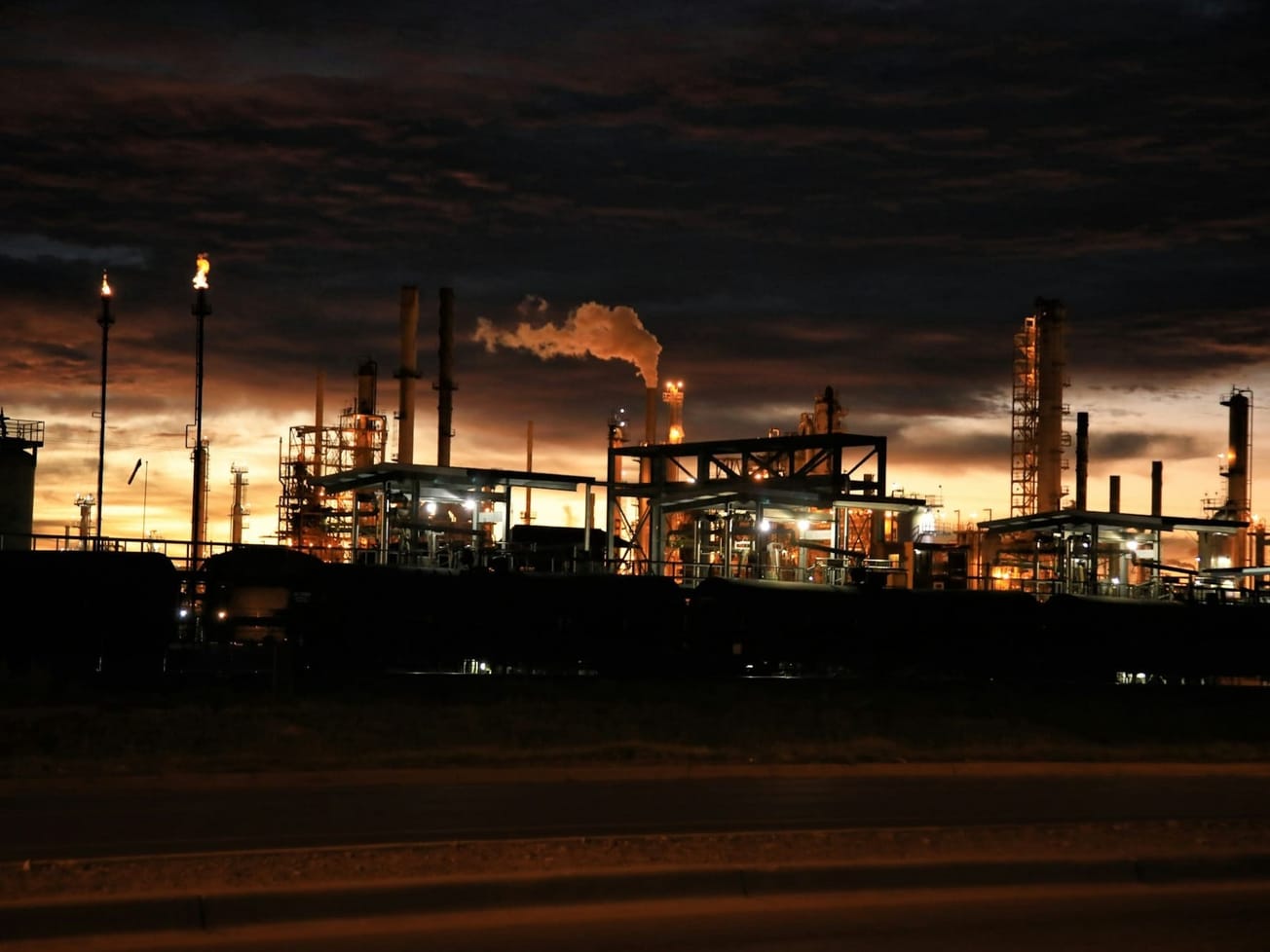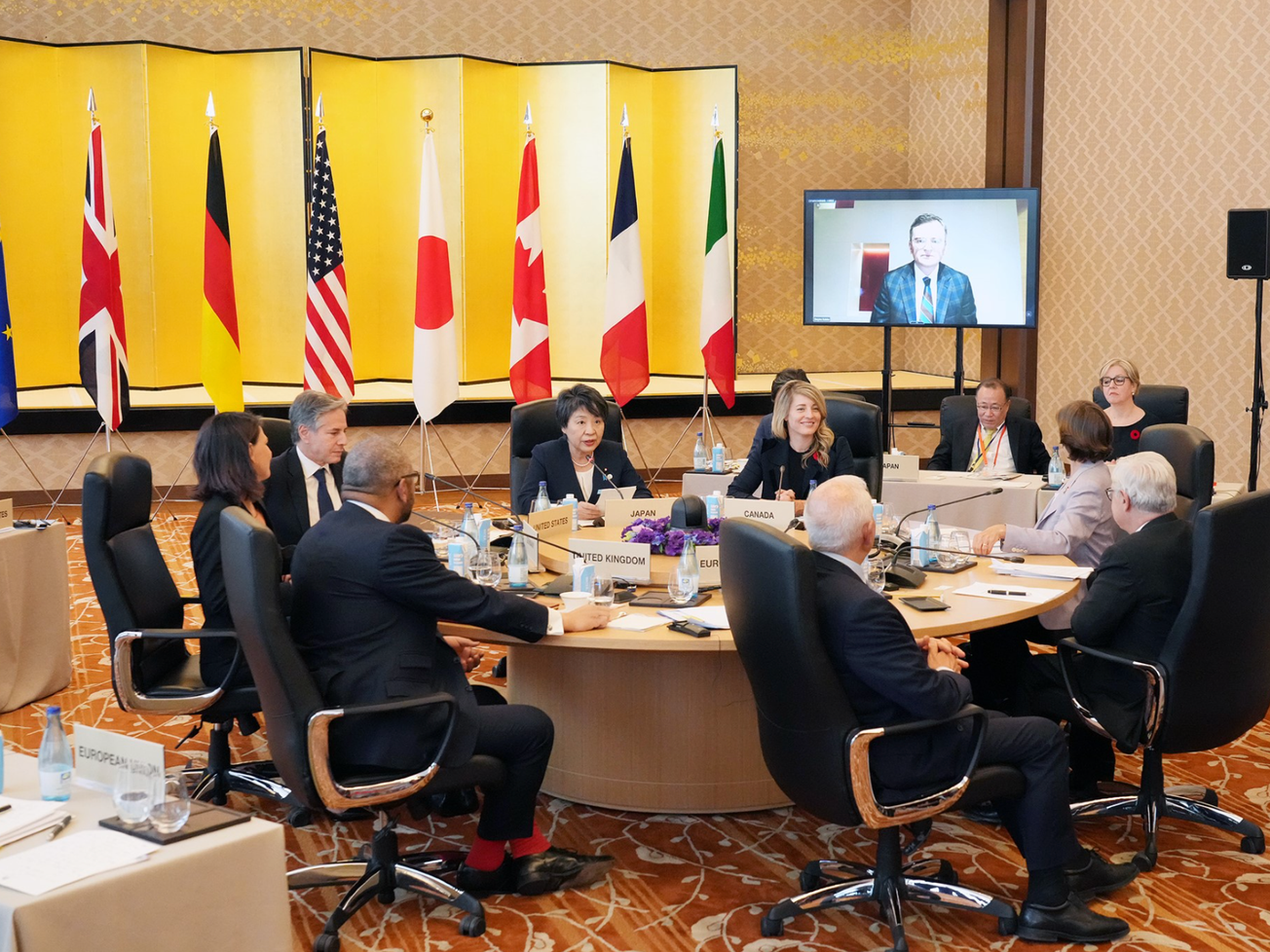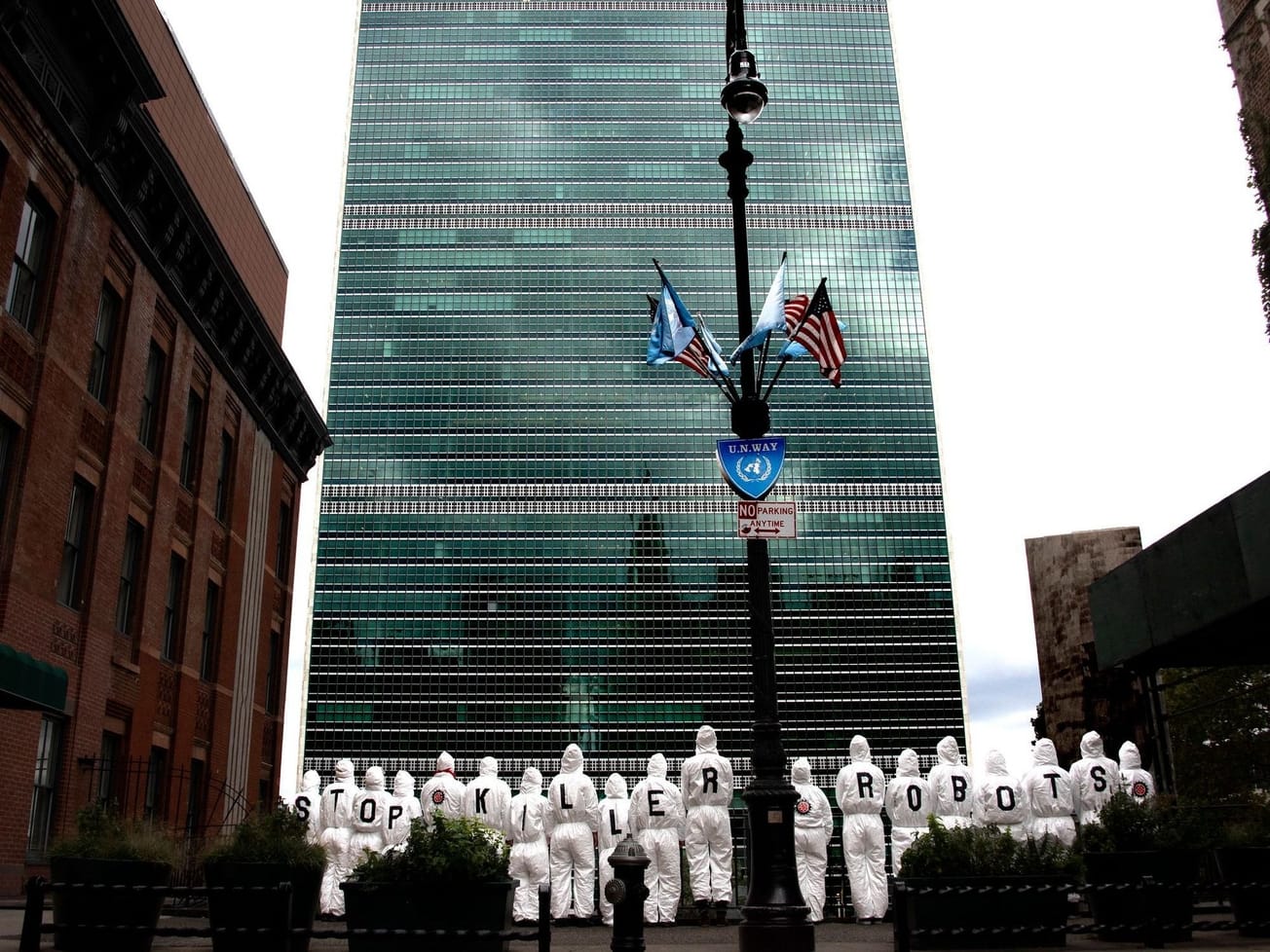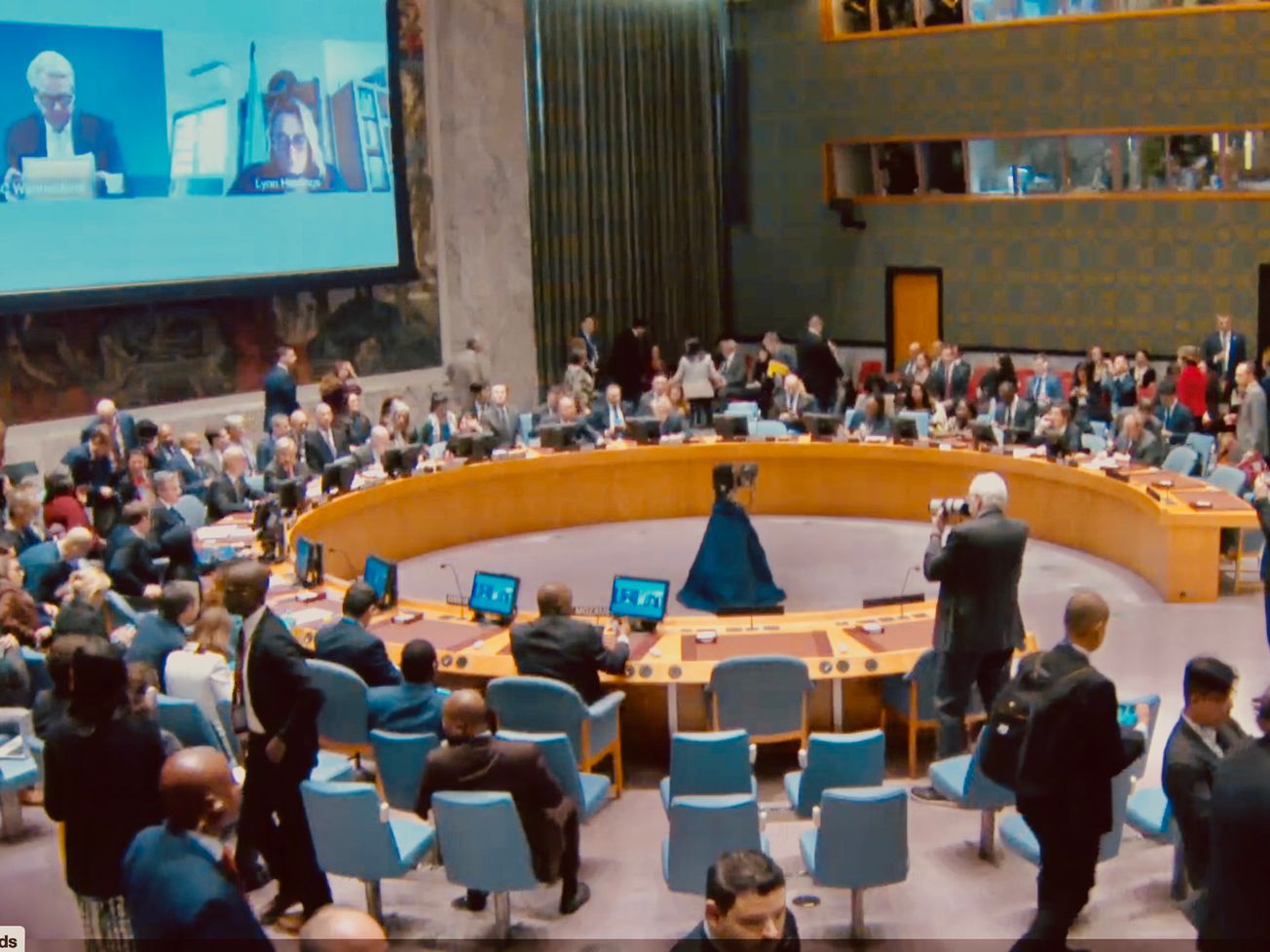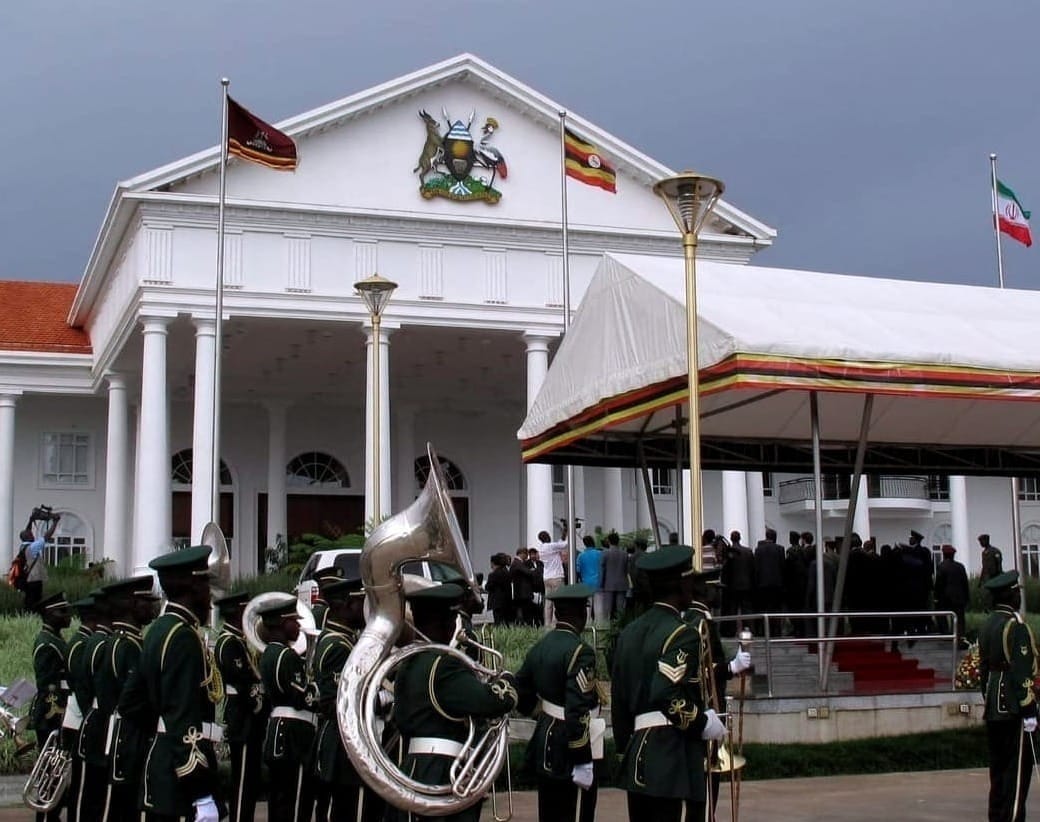
Global fractures spur summits of developing and non-aligned nations
Russia’s war in Ukraine and the Israel-Hamas war accelerated geopolitical tensions among major powers.
Already have an account? Log in
Russia’s war in Ukraine and the Israel-Hamas war accelerated geopolitical tensions among major powers.
Leaders departed after a week of talks dominated by wars in Gaza and Ukraine, AI and a year of elections.
More than 2,800 leaders from 120 countries were expected at the World Economic Forum gathering this week.
The World Meteorological Organization said the world hit the record books, up 1.45° C. from pre-industrial times.
Guyana, an impoverished former British colony, controls the Essequibo region and the $1 billion a year it generates.
The U.N. nuclear watchdog has reported that Tehran increased its output of near weapons-grade uranium.
At least 576,600 people or 1-in-4 households in Gaza are out of food and face extreme hunger as the risk of famine spreads.
Nations voted 153-10, with 23 abstentions, to demand a cease-fire and express “grave concern" for the humanitarian situation.
Gaza's aid reached a breaking point as Israel fought to destroy Hamas and groups warned Palestinians face starvation.
For the first time since becoming leader of the world body, António Guterres invoked Article 99 of the U.N. Charter.
'Minutes to midnight': World hits 1.4° of warming as Dubai summit opens with new report disputing a leader's credibility.
Nikki Haley has adopted Trump's hard line against U.N. participation but stopped short of calling for total withdrawal.
Government plans would blow past limits needed to limit warming to 1.5° Celsius above pre-industrial levels.
Medical facilities are running out of supplies and fuel, which Israel hasn't allowed into Gaza for a month now.
A first-of-its-kind provision cites an 'urgent need' for nations to address concerns about autonomous weapons systems.
While Israel pounded Gaza with increasingly intensifying airstrikes in response to Hamas' surprise attacks, the U.N. chief emphasized the rules of war must be obeyed.
